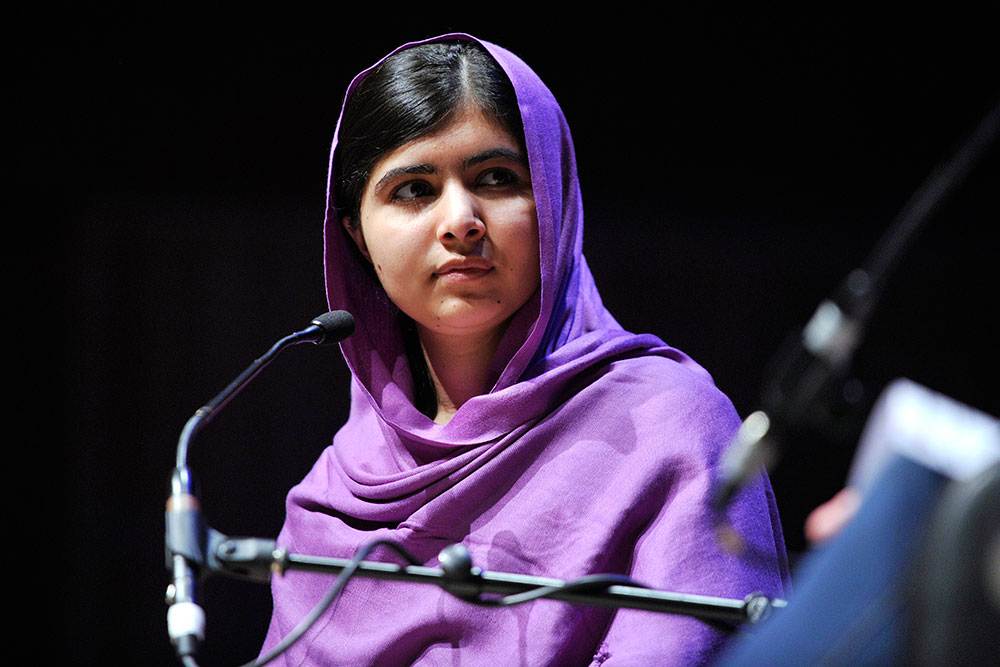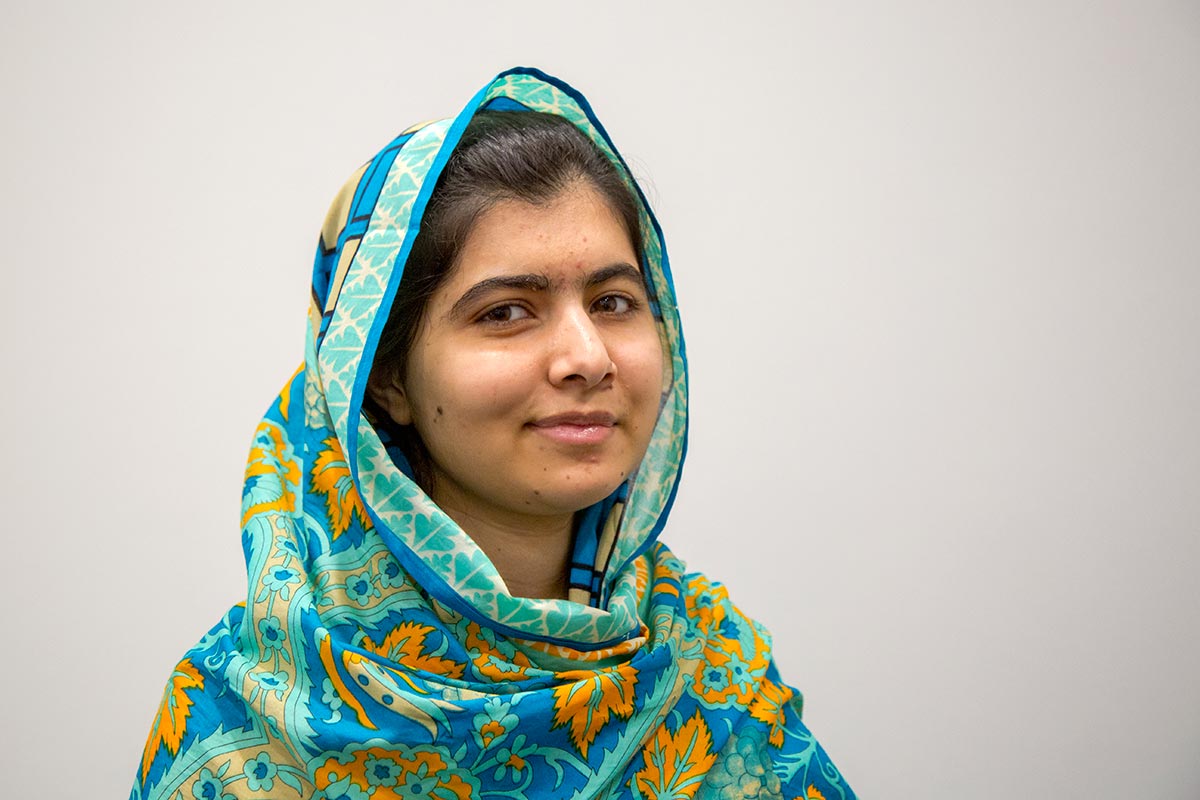Childhood
Born on 12 July 1997, Malala grew up in the Swat Valley of Khyber Pakhtunkhwa in North-west Pakistan. The value of education was instilled into her from an early age: her father, Ziauddin Yousafzai, is a Pakistani diplomat and committed social activist who has set up a string of private schools and campaigned for education rights.
While exploring ways to examine the rise of religious fundamentalism in the region, and its effects on everyday life, members of the BBC Urdu website hit on the idea of asking a local schoolgirl to blog about her experiences. “We had been covering the violence and politics in Swat in detail,” recalled Mirza Waheed, former BBC Urdu editor, “but we didn’t know much about how ordinary people lived under the Taliban.” At her father’s suggestion, Malala took up the role, although she blogged under a pseudonym, ‘Gul Makai’ (‘Cornflower’).





